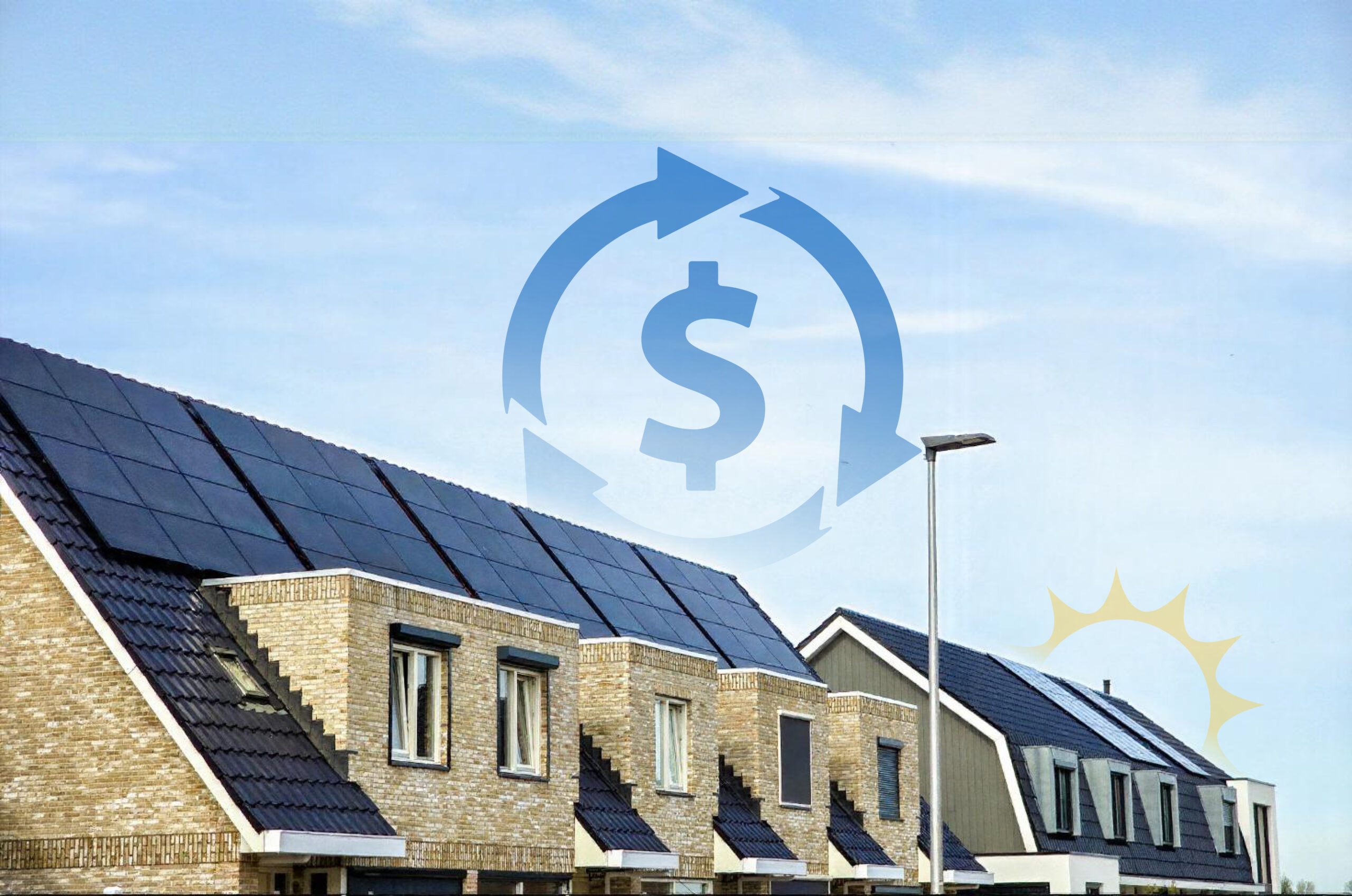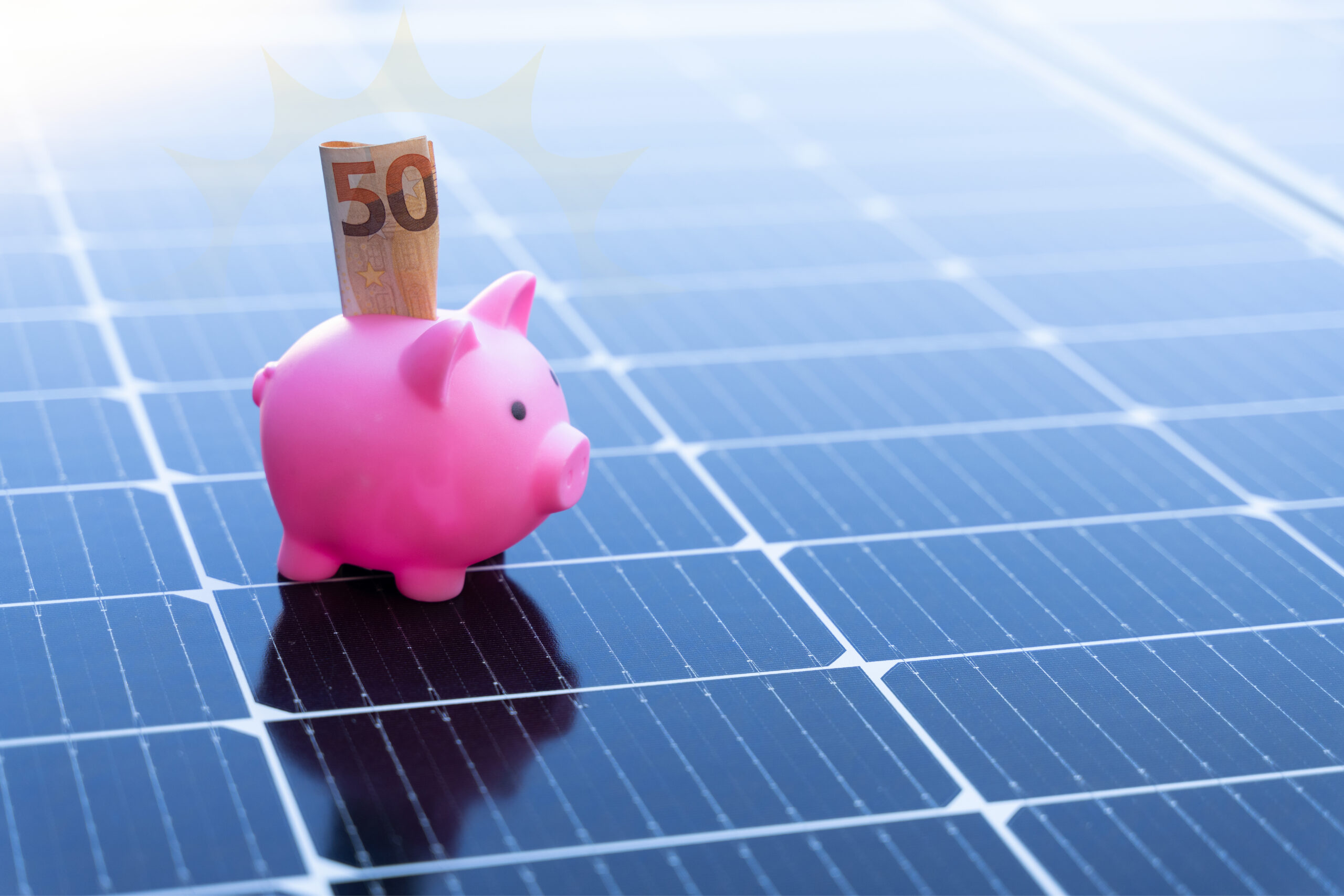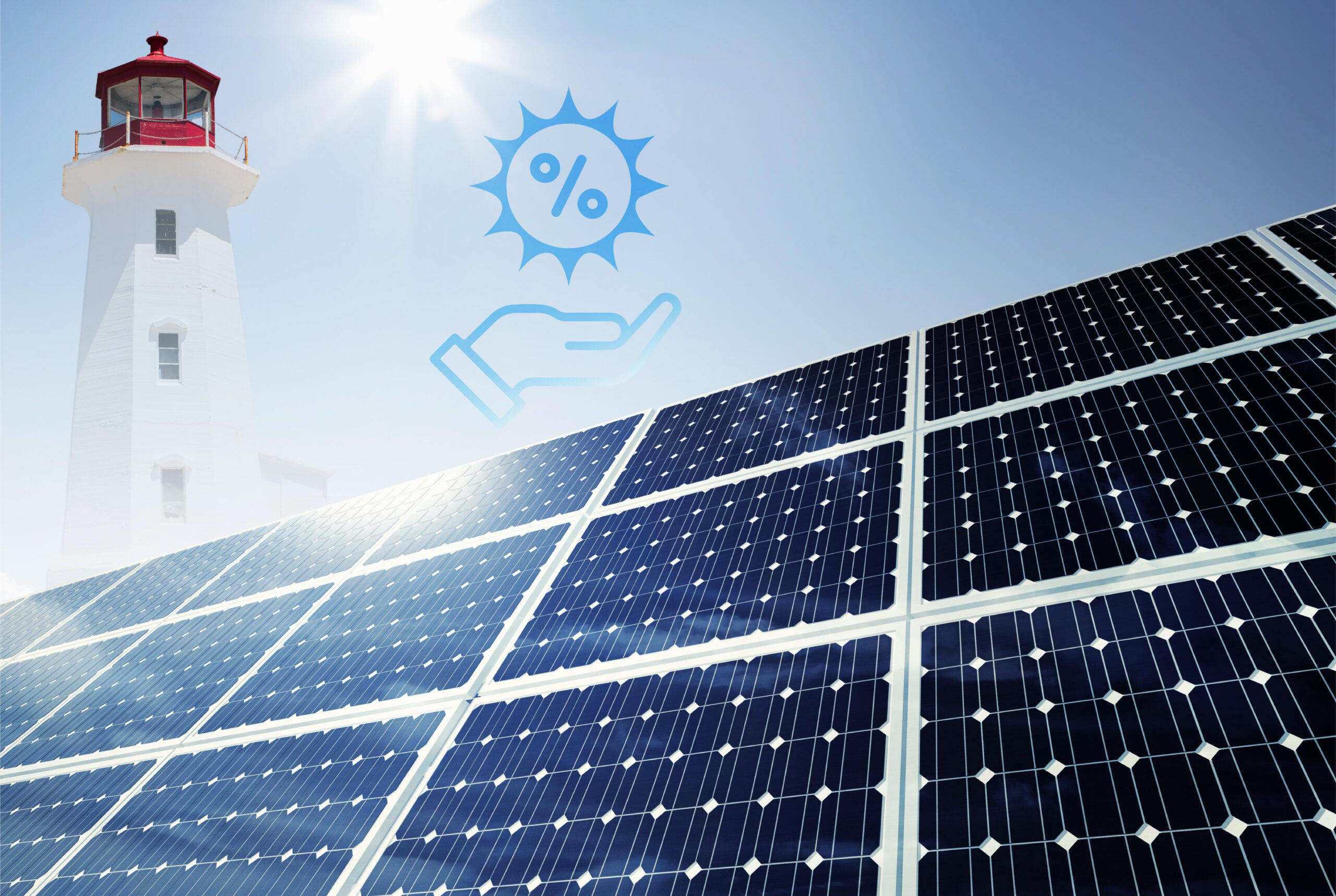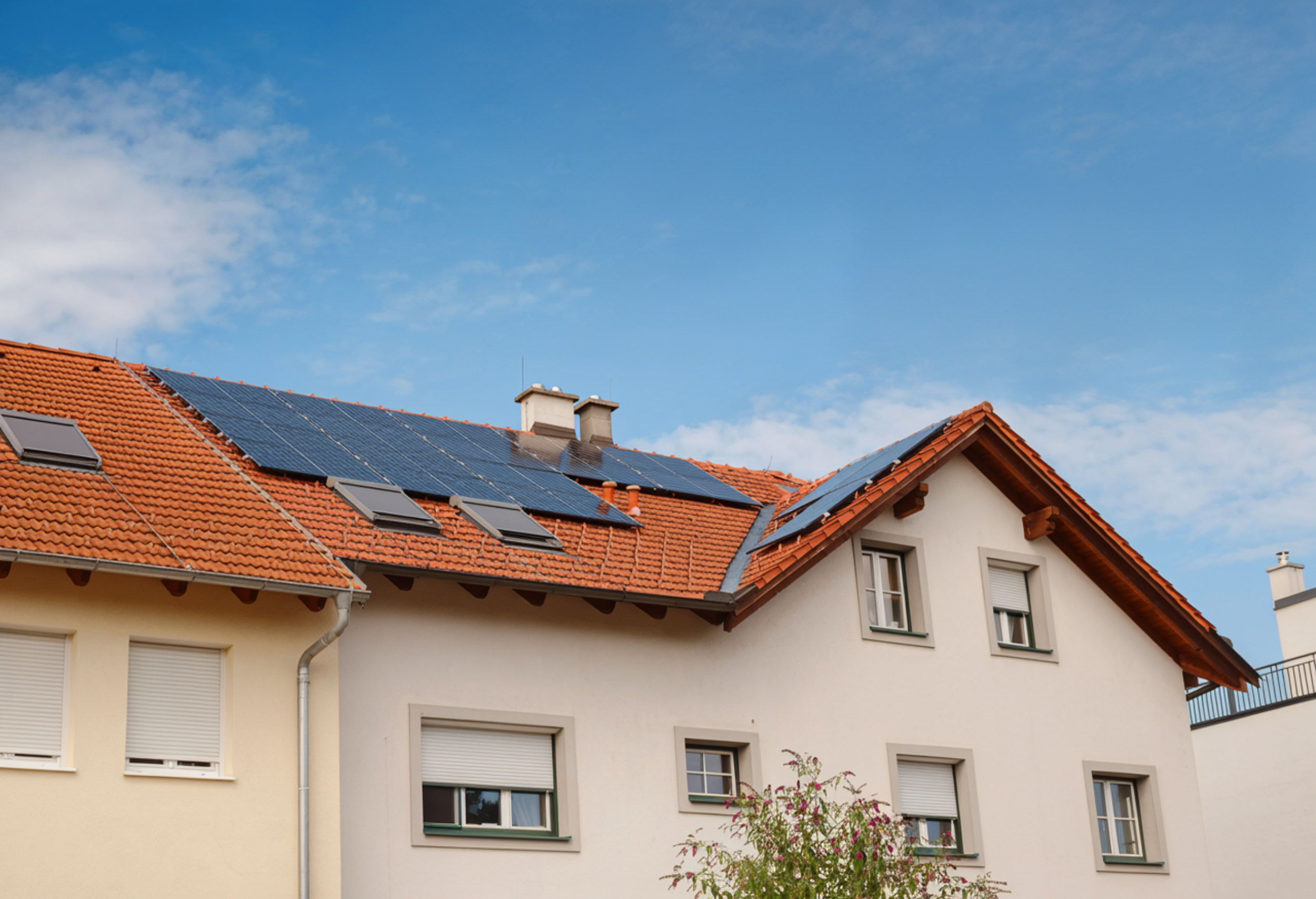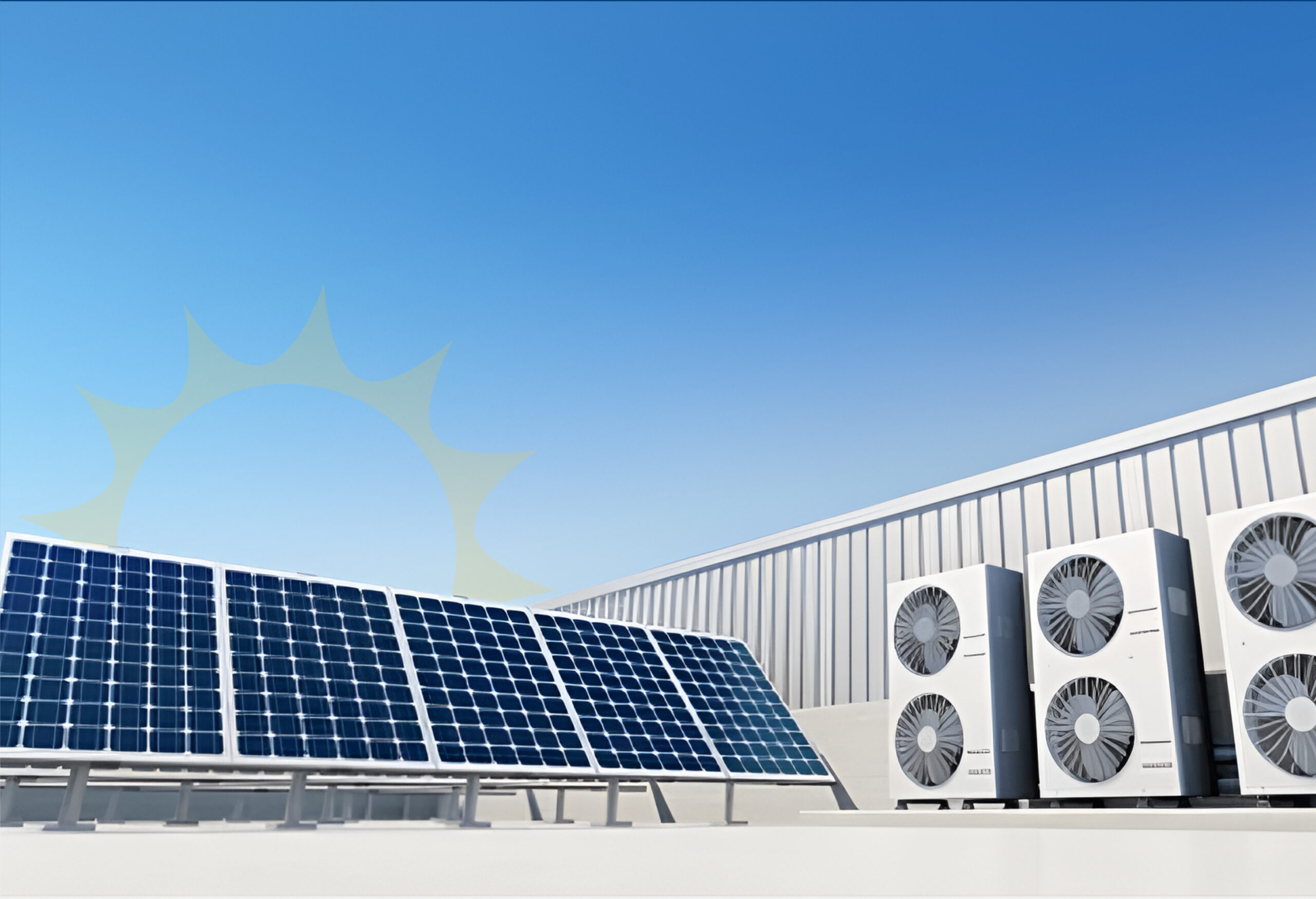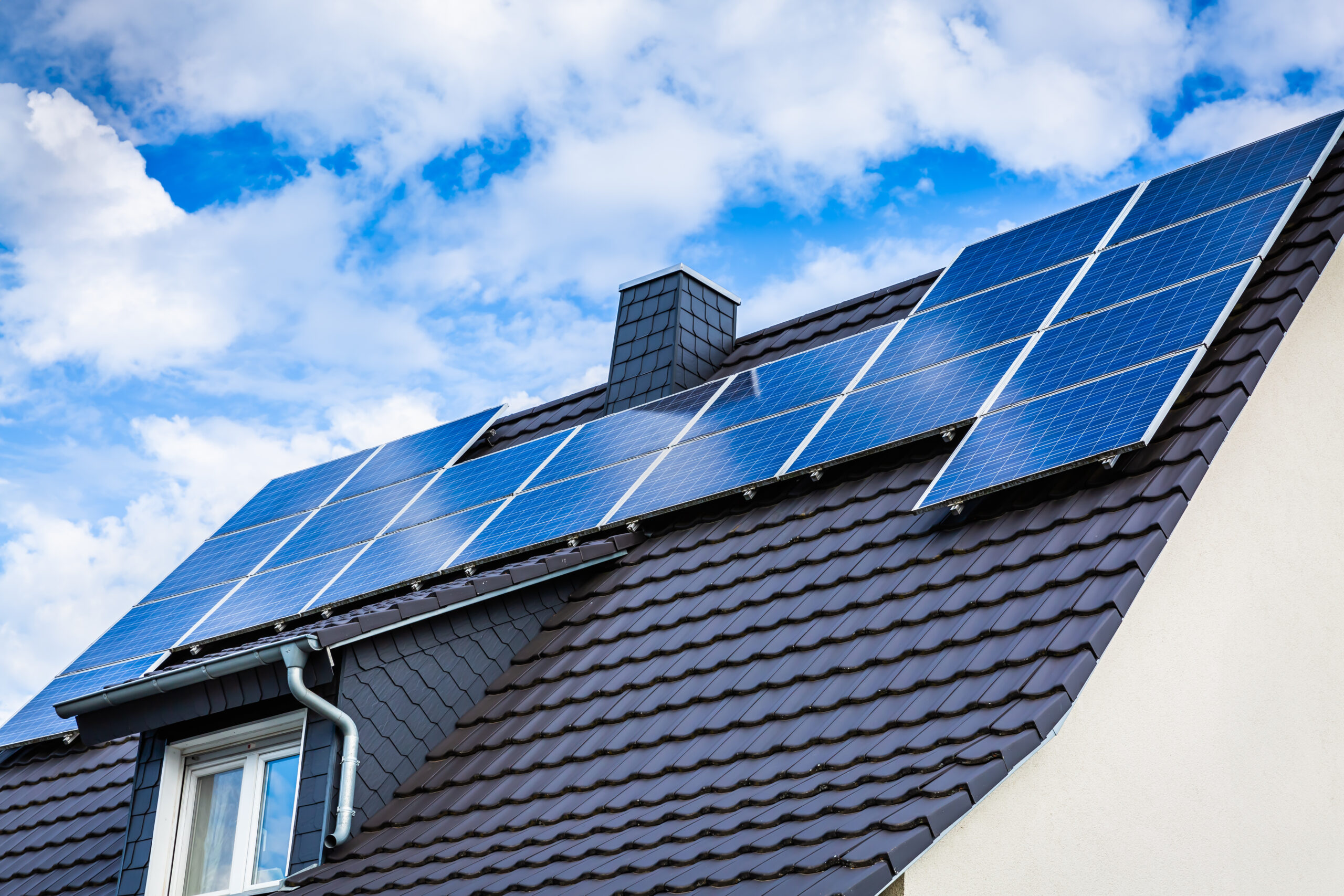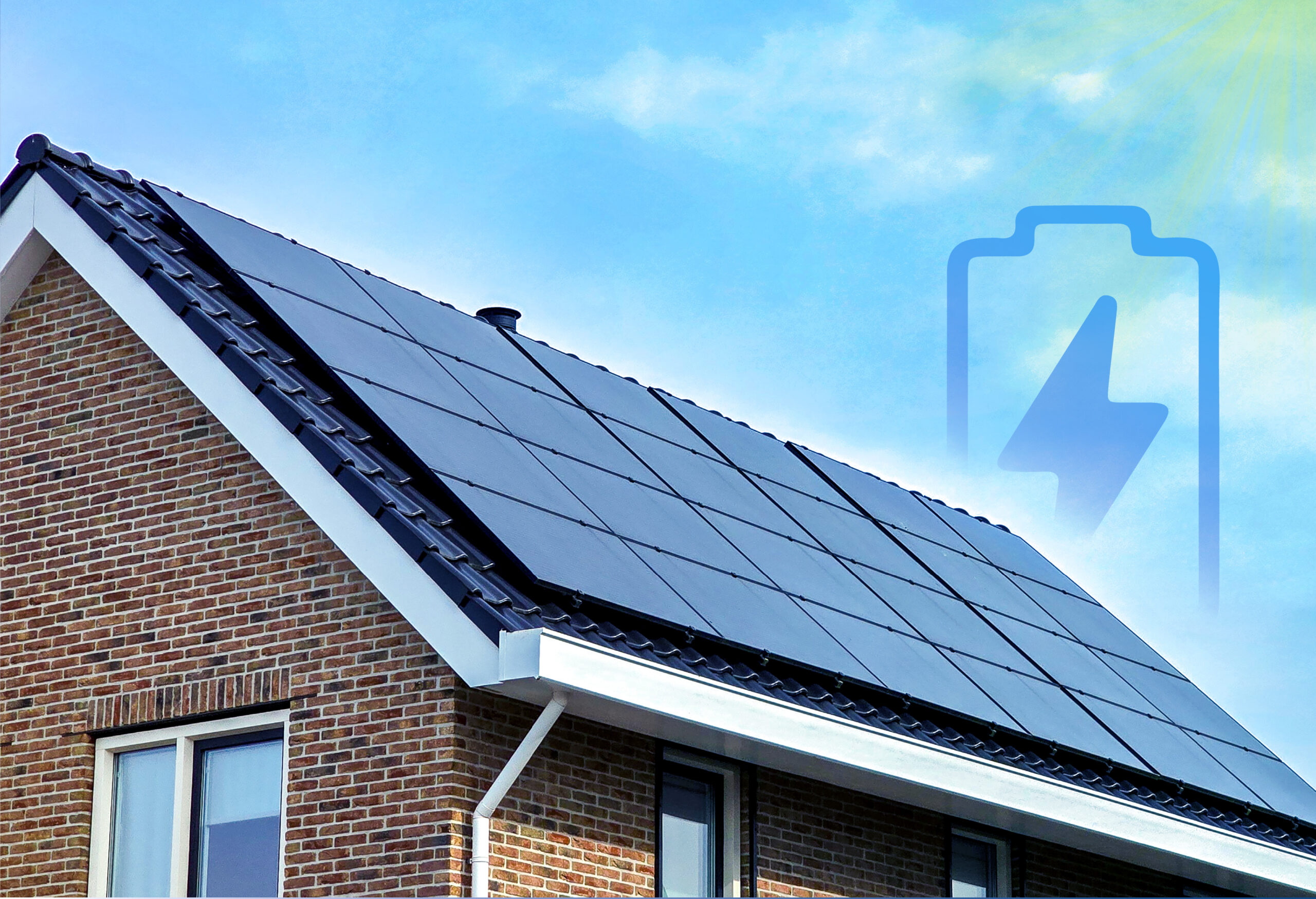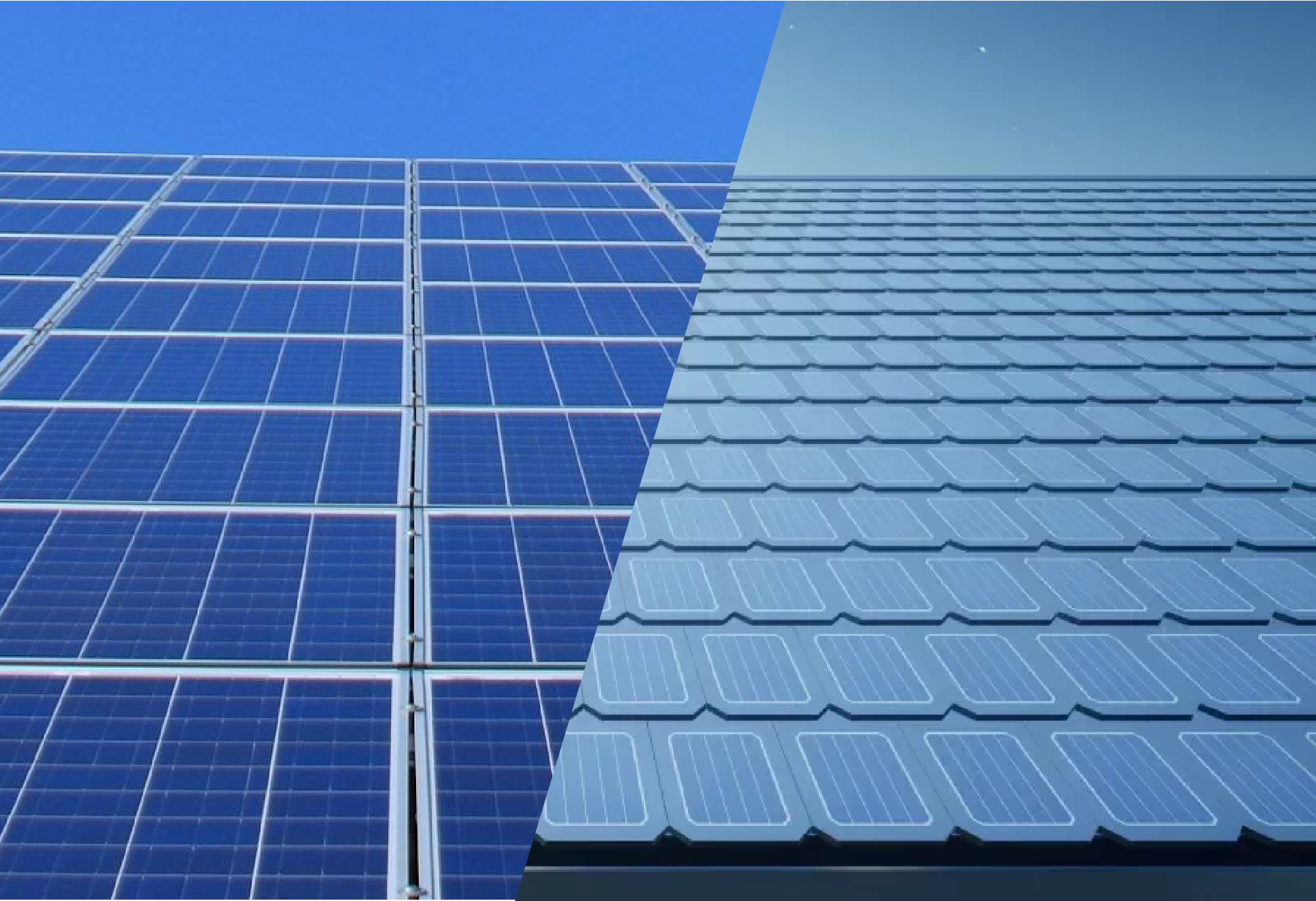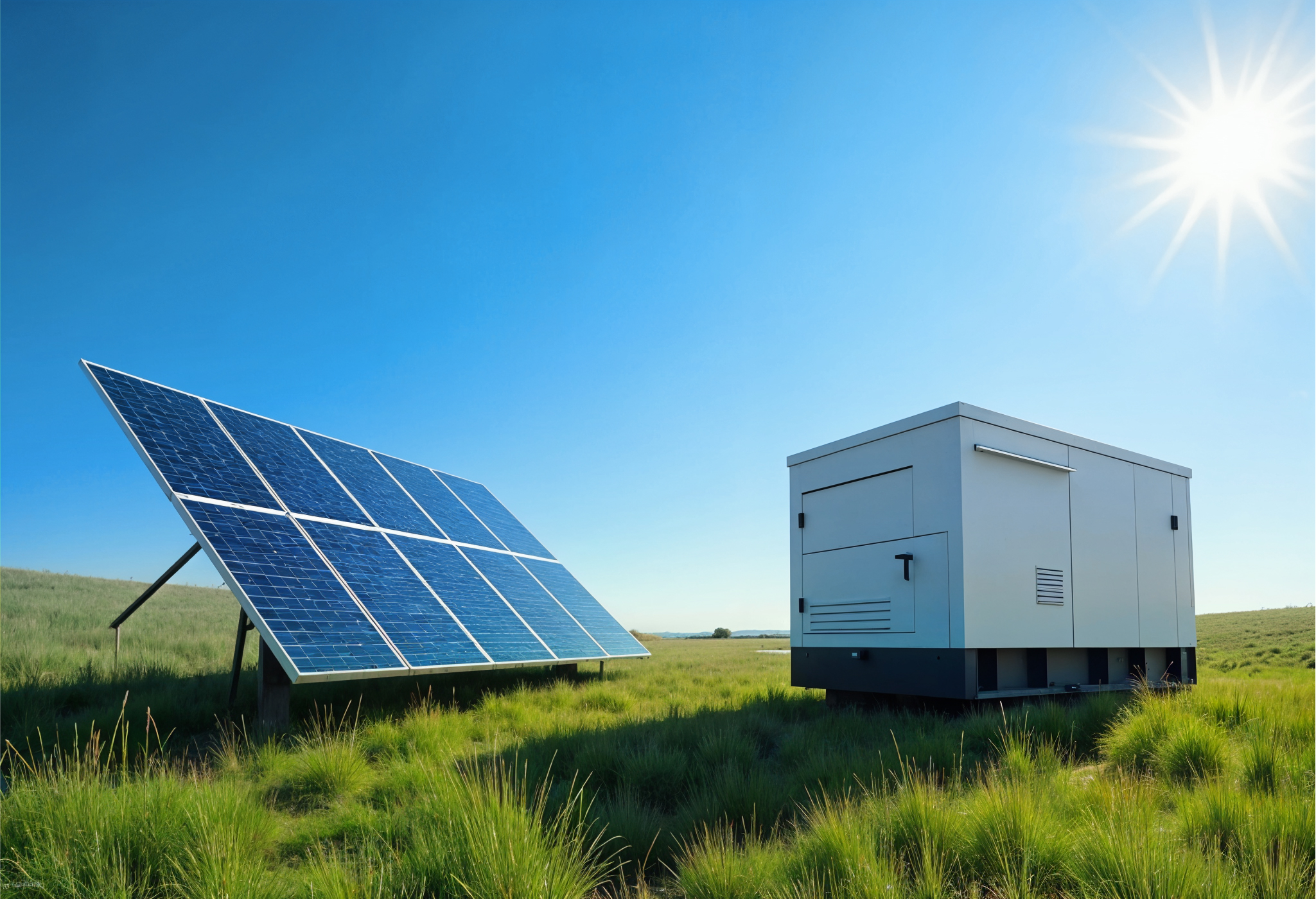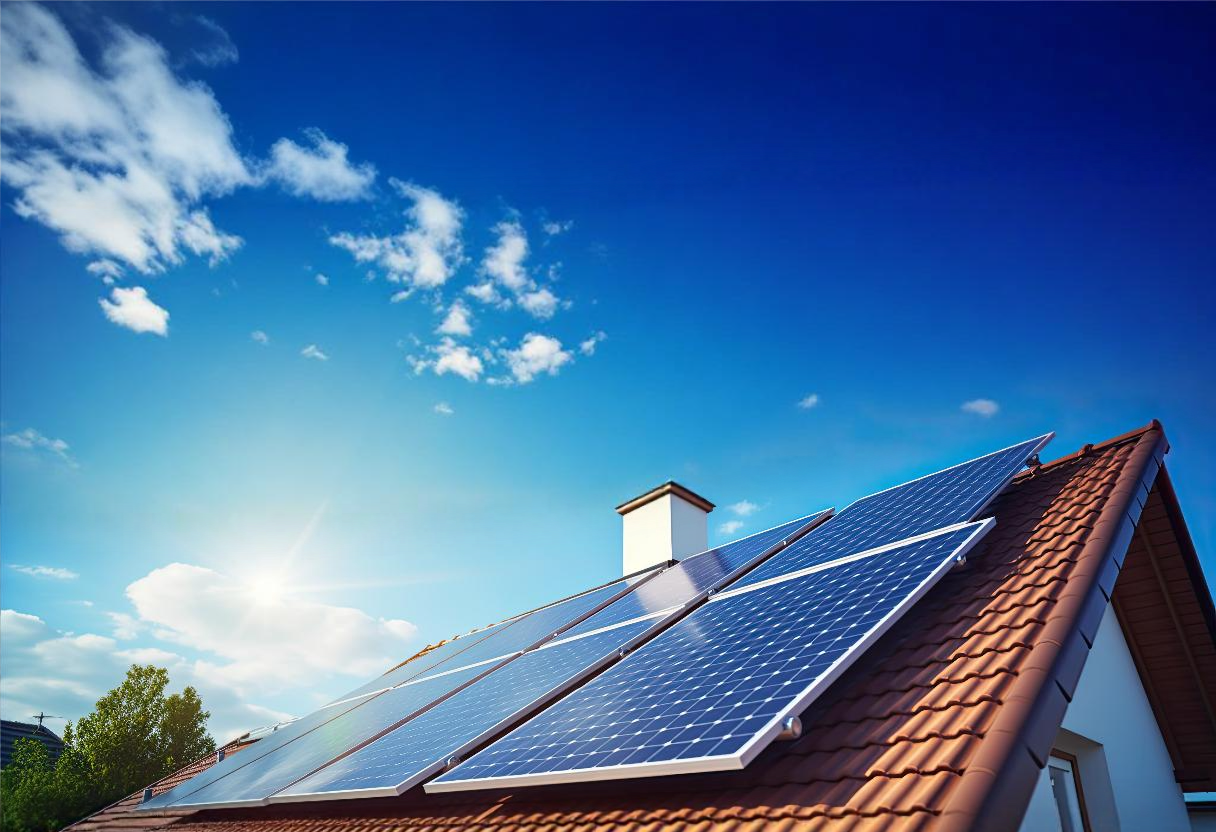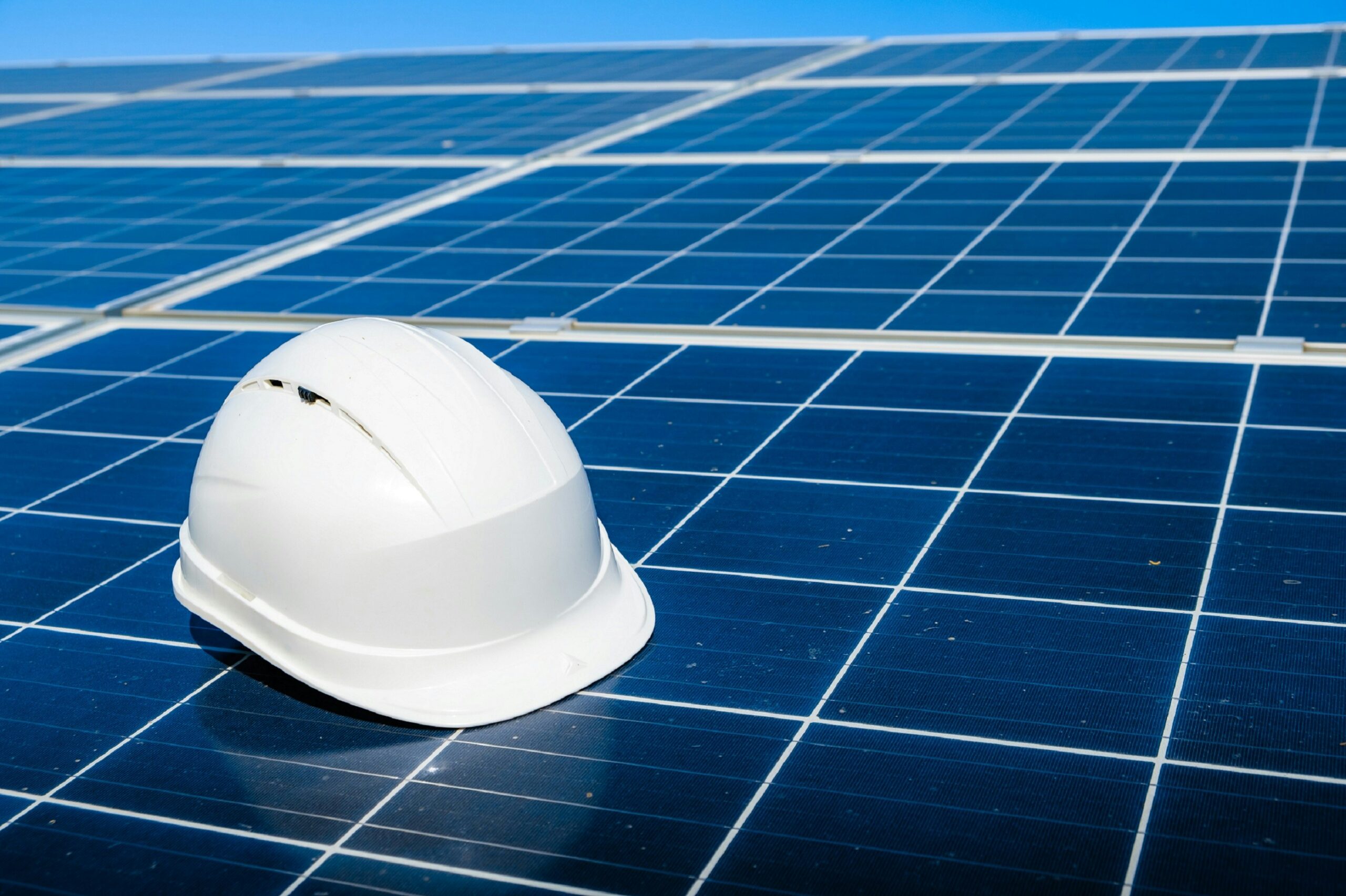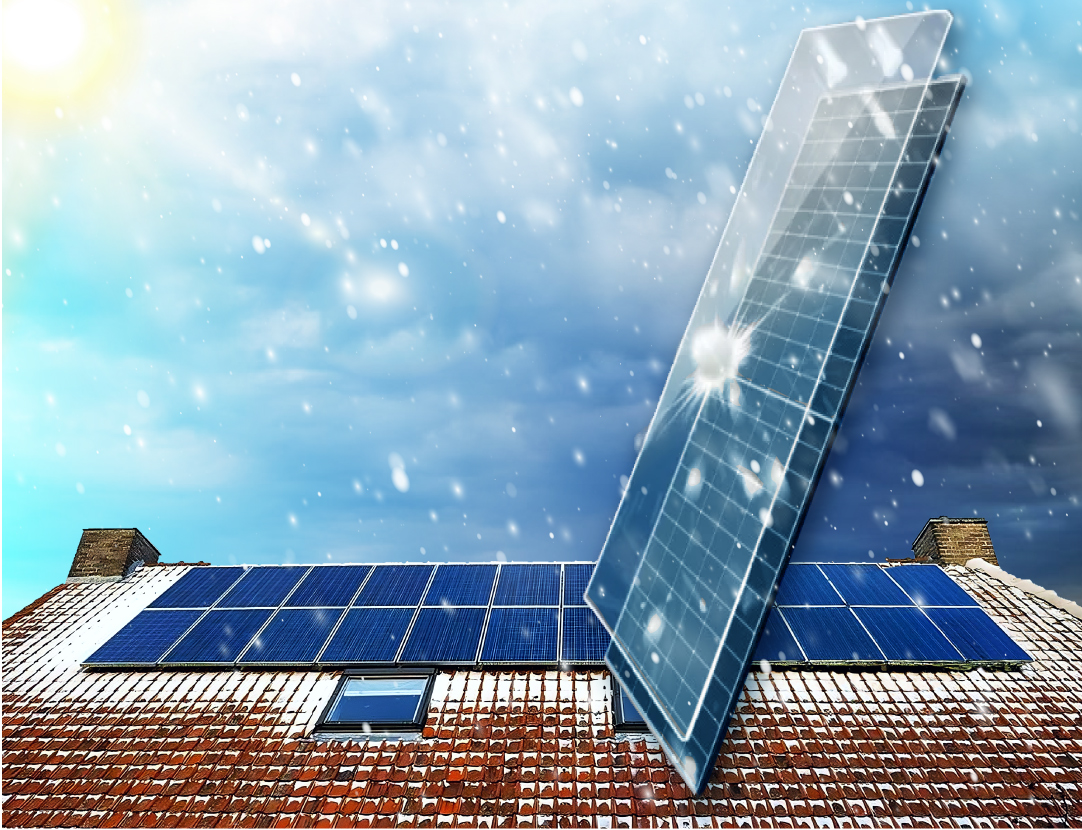Author: Mariela Guanchez
Imagine standing at your window on a frosty January morning, sipping coffee as you peer out at the snow-covered landscape. The sky is a soft gray, the days are short, and you might wonder: Does solar power even make sense here in winter? The quick answer is yes—Solar energy Nova Scotia style can thrive in the cold. But let’s dig deeper into how you can keep those panels generating power, even during the chilliest parts of the year.
Chilly Weather, Surprising Benefits
Many folks assume that because it’s cold—or because there’s snow accumulation—solar panel efficiency plummets. In truth, panels often run more efficiently at lower temperatures. The science behind it is fairly simple: heat can reduce the voltage panels produce, so a crisp, cold day (even with less intense sunlight) can yield impressive output. Of course, you’ll want to factor in all the local quirks of a Nova Scotia winter: shorter daylight hours, storms, and (inevitably) that blanket of snow now and then.
The Snow Factor
Snow can be both a friend and a foe for Winter solar panel tips:
- Reflective Boost: Snow on the ground sometimes reflects additional light onto your panels—a little bonus for generating more electricity in the right conditions.
- Obstruction: On the flip side, if your panels themselves get caked in snow, that direct sunlight can’t get through. The tilt of your roof and your panel’s angle helps a lot here, often letting snow slide off on its own. But if it clings stubbornly, consider a soft-bristle broom or specialized roof rake to gently clear it away—just be careful not to damage the panels.
I remember the first winter after I installed my own system. We had a decent snowfall, and I worried my output would vanish. But I was thrilled to see that by midday, the panels cleared themselves in most areas. A small bit of brushing took care of the rest. My inverter data showed me I was still reaping good results, even on days that looked deceptively gray.
Leveraging the Net Metering Program
One of the biggest perks of going solar with Atlantic Solar in Nova Scotia is the Net Metering Program. Basically, in sunnier months (like late spring, summer, and early autumn), you’ll generate more than you need, banking excess credits with your utility. Then come winter, you can draw on those credits. So even if your panels produce a bit less in December or January, you’re still covered—energy savings remain consistent across the year. And hey, those winter days that are bright and cold can still see a solid power production spike.
High-Efficiency Solar Panels and Optimizers
Because we’re in a harsher climate, you might consider high-efficiency solar panels or adding something like solar optimizers to your system. These can help your array function more effectively if part of the panel is shaded or if snow only covers a portion of it. Think of optimizers as helpful little devices that allow each panel to work at its best, regardless of what’s happening on adjacent panels. So if a corner of your roof is snowed over, the rest of your system can keep humming along without the entire array being dragged down.
Strategic Installation for Winter Gains
If you’re just planning your installation, talk to your installer about angles and orientation. In Nova Scotia, we typically tilt panels to catch the best year-round sun. But if you’re especially keen on winter production, you might tweak that angle a bit or ensure the panels are placed on a roof face that gets maximum midday sun in winter. Some folks even consider ground mounts with steeper angles to ensure less snow lingers—but that depends on your property size and personal preferences.
Avoiding Excessive Snow Accumulation
Snow may not always be easy to remove, but a quick brush-off after heavy snowfall can do wonders. If you go the route of clearing it yourself, invest in a soft tool and be gentle—scratches to the panel’s glass or frame can lead to performance hits. Or, if your panels are well-angled, you might just wait for the next bright day. Once the sun’s rays warm the panel surface, a chunk of that snow tends to slide off naturally.
One tip from my own experience: if your roof is somewhat accessible, a telescoping broom with a foam head can let you push off the top layer of snow safely. Just make sure you’re not skidding around on an icy ladder. Safety first!
Monitoring Your System’s Performance
It’s easy to guess how well you’re doing, but I recommend a monitoring app or inverter interface that lets you see daily kilowatt-hour production. You’ll quickly notice patterns—for instance, a crisp, sunny winter morning might yield surprisingly steady output, while a heavy, overcast day might dip. Knowing these patterns helps you decide whether it’s worth braving the cold to sweep off any leftover snow. And it can also reassure you that, yes, even in cold weather, your renewable energy investment is paying off.
Embracing Nova Scotia’s Climate
I’ve lived in Nova Scotia long enough to appreciate the beauty of our winters: the quiet hush of snow, the way the sun glints off the ice. Tying solar into that picture can be a powerful testament to our region’s adaptability. We’re showing that a location sometimes written off as “too cold, too gray” can absolutely thrive on solar energy. The trick is using strategies like:
- Proper tilt and orientation.
- High-efficiency or specialized panels.
- Judiciously clearing snow when needed.
- Leaning on net metering to balance out winter’s shorter days.
Conclusion: Winters Are No Obstacle
Maximizing solar energy in winter might sound daunting, but with thoughtful design and minimal maintenance, you can keep those panels productive. We at Atlantic Solar regularly see clients who are thrilled by how well they do all year long—even in the depths of January. The combination of cold weather efficiency and best practices means winter is far from a show-stopper.
If you’ve been hesitating because you picture your panels buried under drifts of snow for months—rest assured, that’s not typically how it goes. The snow slides, the sun rises (for fewer hours, yes, but still rises), and your system keeps delivering net benefits. So if you’re craving a greener, more self-reliant approach to power this winter, dive in.

